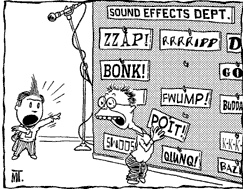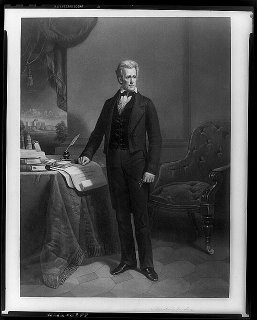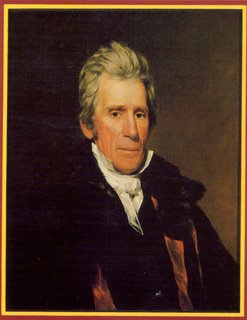Following up on my recent post, ironically Matt Taibbi has just done a column slamming the bad habits of the press: Punish the Right-Wing Liars Alternet.org 01/31/07. But he does what most journalists done when they address this, as the Daily Howler endlessly points out. He focuses on the fantasists and polemicists at FOX News and Oxycontin radio. And, of course, on those naughty bloggers who have shaken up the neat and orderly kingdom of the David Broders and Tim Russerts.
Do I need to say there was not a hint of self-reflection about his vapid, silly piece on Hillary Clinton that I previously discussed?
Of course, Republican media is bad on a lot of different levels. But the primary media problem for Democrats looking to have their issues put before the voting public, and for the general public wanting to get accurate information on issues that affect our lives like Social Security or health care or war with Iraq or Iran, is not the rightwing media. Our problem is the incredible dysfunction of the Establishment press, the respectable, sober, sensible, responsible, mainstream press, both print and broadcast. And the problem is only partly political and class bias. It's also laziness in fact-checking, a phony this-side-says/the-other-side says concept of "balance", an unwillingness to point out straight-up falsehoods from powerful officials, kissing up to sources for that precious Access by softballing their reporting on them, an obsession with scandal and trivia, an addiction to shared conventional "scripts" about individuals and issues.
Yeah, it took a group of sleazy unreconstructed Arkansas segregationists to cook up the initial batch of horse poop that became collectively known as "Whitewater". But it took the Jeff Gerth of the New York Times to be conned by a group of guys so dubious that most people wouldn't trust them to give directions to the store around the corner to legitimate it and make it into a long-term political war. Bob Woodward acting as court historian to the Bush administration added a great deal of credibility to the administration's pretensions to Churchillian greatness. Judith Miller's disgraceful pimping of Ahmad Chalabi's war propaganda on the front page of the Times added completely undeserved credibility to the phony charges about Iraqi WMDs.
And look at what we're seeing in the Scooter Libby trial and the whole Plame case. Judith Miller, Bob Novak, Bob Woodward and other reporters making shameless pandering to their sources (to put it gently!) a higher priority than their any obligation to the public to report the news.
Matt Taibbi trashes Hillary Clinton in the silliest way. And then points to the bad boys and girls at FOX News and Republican hate radio as the people who are screwing up journalism.
Tags: conservative movement, matt taibbi, establishment press




